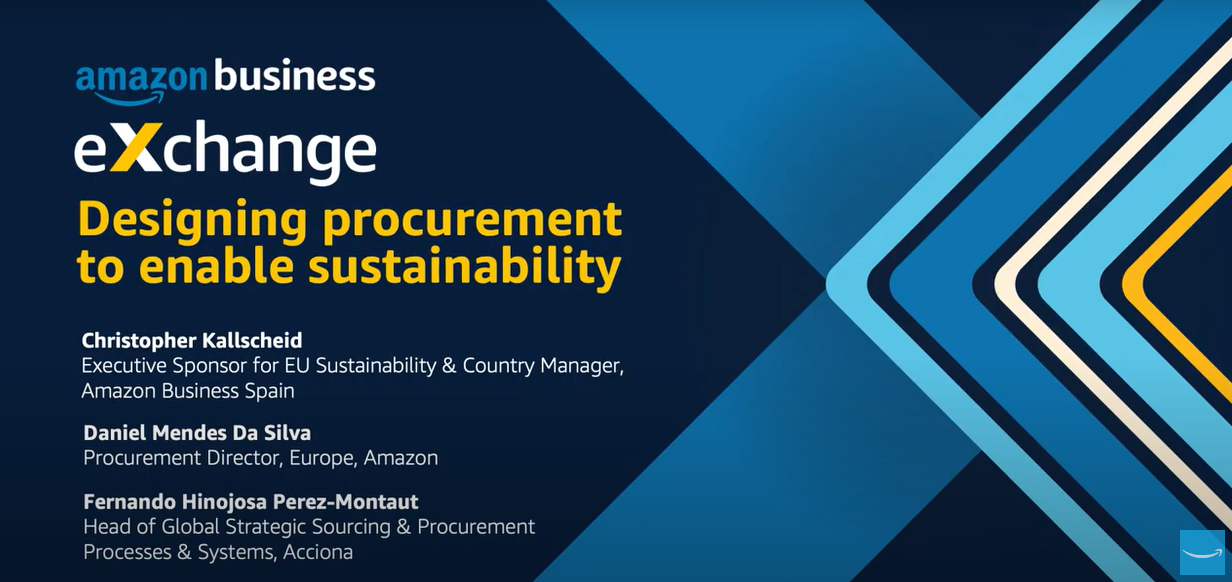The solution to misinformation is not an easy one. While the internet has brought a plethora of information sources to consumers, the veracity and integrity of those sources is widely varied. As a result, citizens have naturally become more skeptical of news. The “golden age of journalism is dead,” Rand’s Paul said. In its place is a mistrust of the media.
“If a rising tide raises all boats, then a falling tide grounds all boats. The consumer cannot help but be more skeptical of everything,” Paul said. “Where in the past, in American civil discourse we have had disagreements over the interpretations of the facts, now we have this issue of facts. It is much harder to open up the discourse.”
Lapping it up
Yet, research has shown that a significant portion of readers consume fake news and other propaganda. Media-analysis firm Jumpshot, for example, found that Facebook often accounts for a significant number of visits to fake news sites, accounting for 45 percent to 63 percent of unique visits, while Facebook accounts for 20 percent or less of legitimate news sites’ visitors.
“Based on the popularity and size of these sites that have been spreading fake news, and in conjunction with the way that conspiracy theories and other falsities have spread over the last decade, I don’t put a lot of weight in people being able to filter it out themselves,” Randy Antin, vice president of marketing for Jumpshot, told eWEEK.
It’s not just adults that have a problem discerning the real from the fake. Researchers at Stanford University found that many teens lack the ability to discern fake news. More than 80 percent of middle school students, for example, could not tell the difference between sponsored content and a real news story.
Facebook, Google and other internet giants have dedicated teams trying to find technical solutions to the problem of misinformation and intentionally fake news stories. Yet, deciding what is fake and what is a legitimate dissenting opinion is a tough task, Facebook’s Zuckerberg said.
“Identifying the ‘truth’ is complicated,” he wrote on his blog. “While some hoaxes can be completely debunked, a greater amount of content, including from mainstream sources, often gets the basic idea right but some details wrong or omitted.”
To date, most fake news operations are designed to turn a profit through advertising, while others may have originated with nation-states or political operatives, but attribution is difficult. What is certain is that the success of those operations will only insure that they continue, said Rand’s Paul. He has tracked Russian propaganda campaigns for the Rand Corp. and calls the nation-state’s propaganda activity a “fire hose of falsehood.”
More information attacks—and more sophisticated attacks—are likely on the way, he said.
“Boy, there has to be other asymmetrically disadvantaged nation-state actors around the world looking at what Russia has been able to accomplish, and saying—hmmm—that’s seems a lot cheaper than a lot of other kinds of aggressive investments,” he said.
Originally published on eWeek




